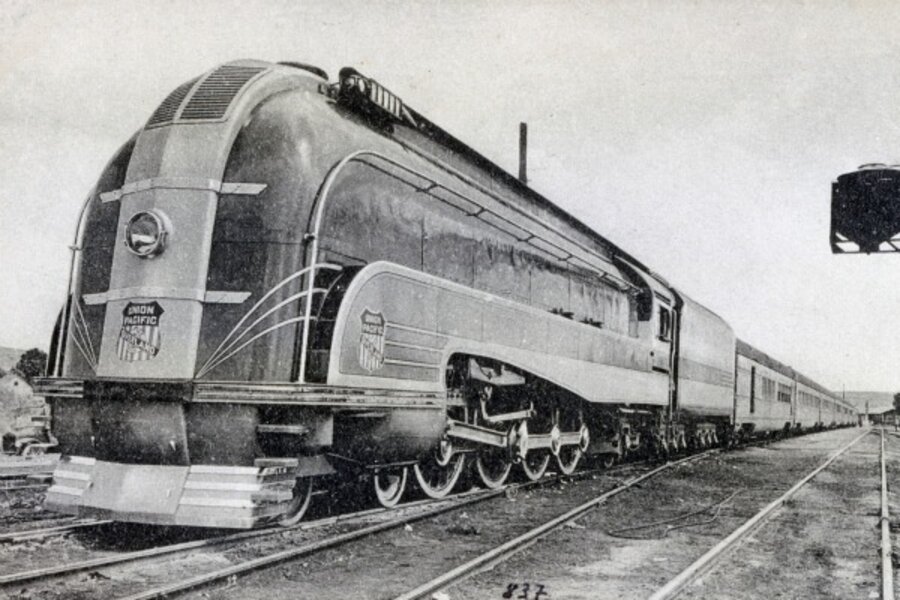The Central Labor Union began observing Labor Day in Boston in 1882, but it wasn’t until 1894 that it became a federal holiday. Why so?
It’s likely that congress couldn’t find the motivation. At least, that was, until the Pullman Strike, which the Encyclopedia of Chicago calls the most "famous and farreaching labor conflict in a period of severe economic depression." It began on May 11, 1894, when factory workers left Pullman Palace Car Company due to low wages. Soon after, the American Railway Union declared that its members would have no stake in Pullman’s affairs, and a boycott was born.
In July the federal government deemed it necessary to intervene, deploying both soldiers and the police force. By the time the boycott had been trounced, ARU president Eugene V. Debs had been jailed and commander in chief Grover Cleveland had started to fear the unrest would lead to further conflict. Cleveland signed the bill to establish Labor Day nationally only six days after the ordeal in Pullman, Illinois had ended.





